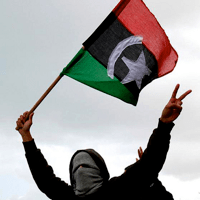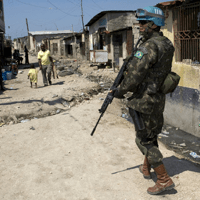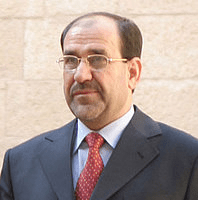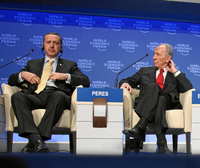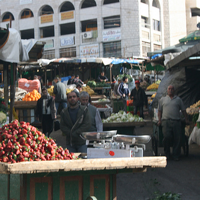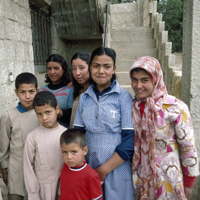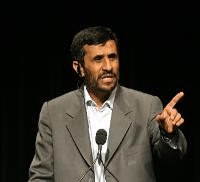
Predictions of Iranian President Mahmoud Ahmadinejad’s fall from power have been frequent among Western observers. On this view, events involving two American hikers jailed in Tehran are seen as the latest display of Ahmadinejad’s political impotence in the face of clerical power. But, despite the predictions, and as a few observers outside Iran ha ve realized, Ahmadinejad’s political demise is far from imminent. The president and his appointees have been portrayed as diminished and defeated, and as about to resign or be sacrificed as scapegoats. Some analysts have speculated Ahmadinejad will be arrested on charges of treason for imprudently opposing […]

